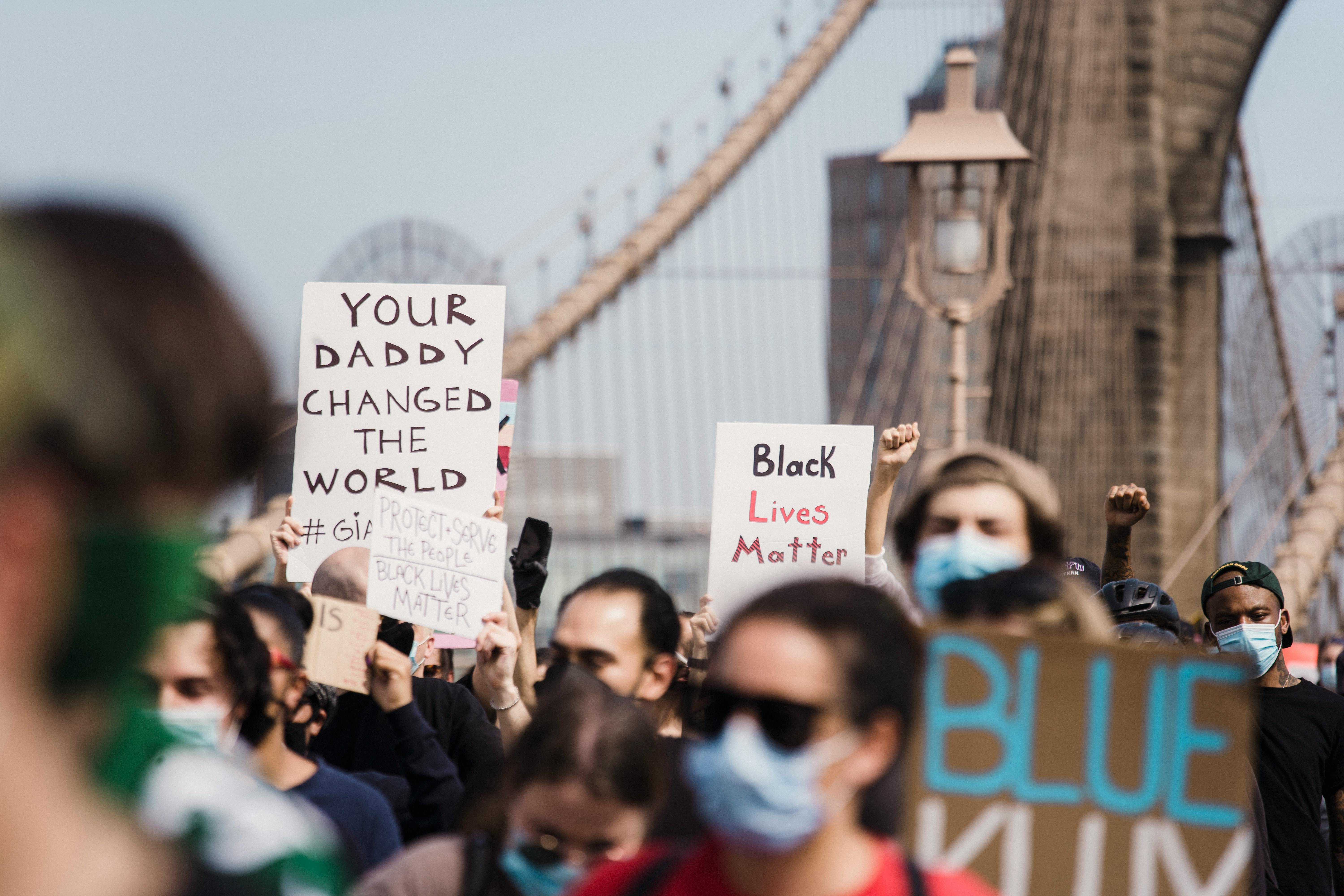
USV Nixon: Is the President Above the Law?
Forty years ago, on July 8, 1974, the Supreme Court heard allegations in United States v. Nixon, the historical case that finally defined the limitations to the power of the president.
These were the problems:
1. Should the President be required to turn over the records of 64 conversations to Watergate prosecutors?
2. Was the grand jury correct in naming Richard Nixon as an uncharged accessory?
Behind it all, however, was the true Question: Is the president above the law? Prosecutors argued that the president was no about the law. Nixon’s defense was, as it had been all along, that the CEO it is above the law, through the principle of executive privilege.
In fact, more than a year earlier, in February 1973, Nixon’s own tapes showed that Nixon and two of his subordinates, HR Haldeman and John Dean, had discussed the use of executive privileges fraudulently, not to protect employees. others but to protect themselves.
The concept of executive privilege, although not specifically addressed in the Constitution, is based on the principle of separation of powers. It is understood that a level of confidentiality is extended to a president and his assistants in certain circumstances, particularly in matters related to defense and national security.
Then-Associate Justice William Rehnquist recused himself because he had served in the Nixon administration (at the Justice Department) prior to his appointment to the Supreme Court, leaving eight justices to rule on the matter.
They heard arguments from Watergate special counsel Leon Jaworski and Nixon’s attorney James St. Clair, after which they reviewed the facts of the case and returned to issue their decision two weeks later.
“Jaworski looked nervous”, Bob Woodward and Carl Bernstein wrote. “He spoke awkwardly as he slowly recited the story of the grand jury proceedings. He observed that the grand jury had named the president as an uncontested co-conspirator, and then hesitantly moved to the heart of the matter. Who is the arbitrator of the Constitution?”
“‘Now, the president may be right in the way he reads the Constitution,’ said Jaworski. ‘But he can also be wrong. And if he’s wrong, who is there to tell him? And if there is no one, the President. , of course, you are free to follow your course of misinterpretations. What then of our constitutional form of government? ‘”
The defense argued that executive privilege was absolute, but the prosecution said it was not and that any confidentiality extended to the president must yield to the needs of the legal system in a criminal case. If the president were given absolute executive privilege, Jaworski said, it would be an unchecked power that could subvert the rule of law.
St. Clair argued that, under the doctrine of separation of powers, the case should not be heard in court at all because it involved a dispute within the executive branch of government. He also held, as I have said, that the president deserved absolute executive privilege and should not be forced to hand over his tapes.
Jaworski disagreed with St. Clair’s assertion that the matter was an internal dispute within the executive branch. “Jaworski cited the guarantees of [Al] Haig, [Robert] Bork and Attorney General William B. Saxbe … as to their undisputed right to take the President to court on the issue of executive privilege “, Woodward and Bernstein wrote. “It was up to the court, he said, to decide who was right, depending on the merits.”
The magistrates withdrew to review the facts of the case and, 16 days later, handed down a sentence that would influence the course of history.